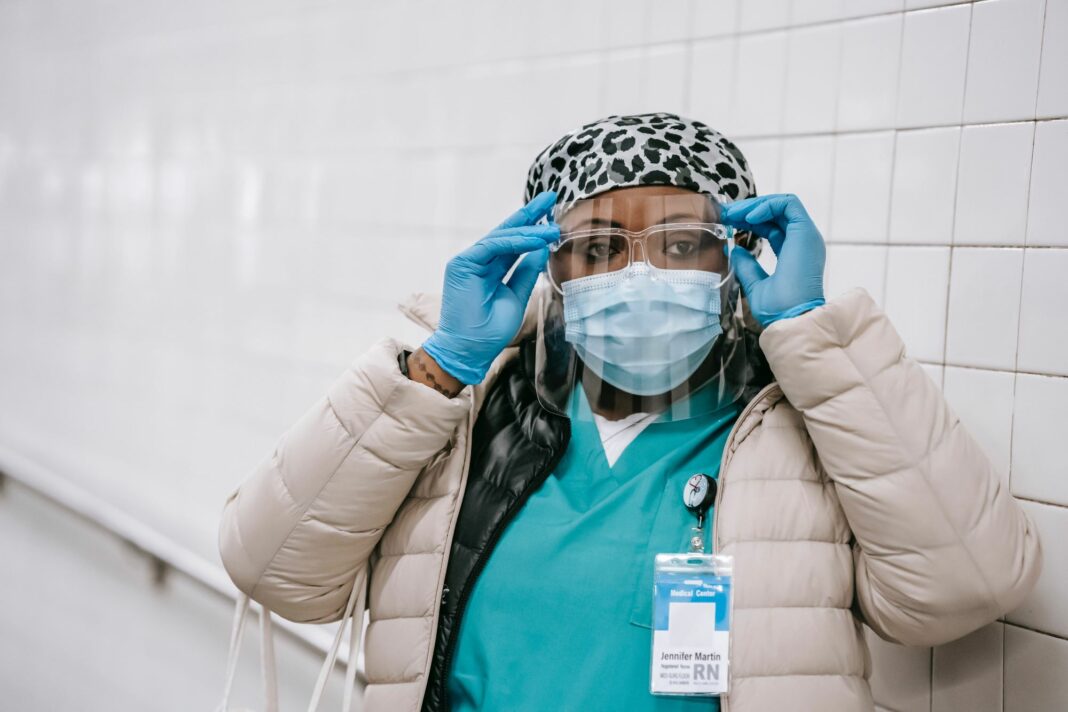By: Hailey Miller, Staff Writer
Content warning: mentions of medical racism and medical trauma.
In Canada, Black people are at a higher risk of receiving inadequate healthcare due to systemic barriers. There is a long history of healthcare systems mistreating racialized people, and this still persists today due to a variety of societal factors. The Black Health Alliance explains that “the social determinants of health are the conditions in which people are born, grow, live, work and age.” Factors like housing conditions and food security are directly related to health outcomes. Further, the lack of medical photo references for darker skin can also lead to misdiagnosis as skin conditions or indicators of poor circulation present differently compared to light skin. Cyanosis, for example, which is typically thought of as a lack of oxygen presented by blue fingertips or lips, can be white or gray on Black skin. All these factors can lead to higher rates of negative health outcomes.
In addition to a lack of information, racial stereotypes can also lead to mistreatment, misdiagnosis, and lack of access to screenings and testing. Racial biases in healthcare can include ignoring a patient’s pain or symptoms — especially for women — and mistreating or misdiagnosing ailments. Black individuals can be at a higher risk for certain cancers or disorders, on top of having a higher mortality rate for some cancers. Some are not given proper screening or testing, even if they are at a higher risk, due to reported symptoms being brushed off.
For instance, there was a case of a patient who had been mistakenly perceived as having a suspected overdose when in reality he was having a stroke. They made this assumption based on his race, despite him explicitly telling the operator he was experiencing a stroke. Another example involved a Black woman whose pelvic pain was brushed off for years until she finally found a doctor to take her seriously. She was eventually diagnosed with fibroids — which Black people are at higher risk of. These examples are reminiscent of false beliefs about Black people having a higher pain tolerance than white people, and a 2016 study showed “that a substantial number of white laypeople and medical students and residents hold false beliefs about biological differences” between Black and white people. The study also showed that such biases affect pain treatment recommendations and that racial bias played a role in the pain perception of patients.
Steps need to be taken in order to best help and treat patients. This includes offering more tests and screening for certain diseases and disorders, and doing a full work-up of a patient’s symptoms. Black people experiencing pain should be taken seriously.
In the Canadian healthcare system, forced sterilization is still happening, which disproportionately affects cisgender women who are Indigenous, Black, and disabled. This practice is completely unacceptable. The longstanding history of Black patients being used as test subjects for treatments is also still a problem today that results in traumatic experiences and systemic barriers. Providers need to shift the way they treat patients so that no diagnosis goes unnoticed and no mistreatment is made due to bias or ignorance. Even more importantly, institutions like medical schools and hospitals should be aware of how medical bias can affect patient outcomes and educate their staff accordingly.
As of September 2023, the Black Healthcare Professionals Directory was introduced in Ontario to help Black Canadians find healthcare providers. The network includes physicians, nurse practitioners, mental health professionals, and more. It includes a background check, and will hopefully be available all across the country soon. The Black Health Professionals Network (BHPN) — which is the organization that created the directory — was founded in 2021, and since that time they have worked to generate a safe space for Black patients seeking medical care to help combat some of these issues.
The directory’s ease of access and available options for health professionals and patients provides a level of accessibility and accommodation that otherwise may not be available. With the ongoing shortage of family physicians in Canada, the network has been able to help those in search of a doctor — or other healthcare professional — who otherwise may not have had access to one. The directory will not solve the issue of systemic racism and discrimination in healthcare, but it provides additional support.
More steps need to be taken to ensure that Black folks are seen, heard, and treated with dignity and respect in healthcare. The work that BHPN is doing is only one step toward creating a positive impact for Black patients in Canada, and it’s one that leads toward change and revolution in healthcare. Our governments and institutions need to follow suit to ensure that biases and misinformation are stamped out of our healthcare systems for equitable health outcomes.
You can access the directory online at bhpn.ca.




